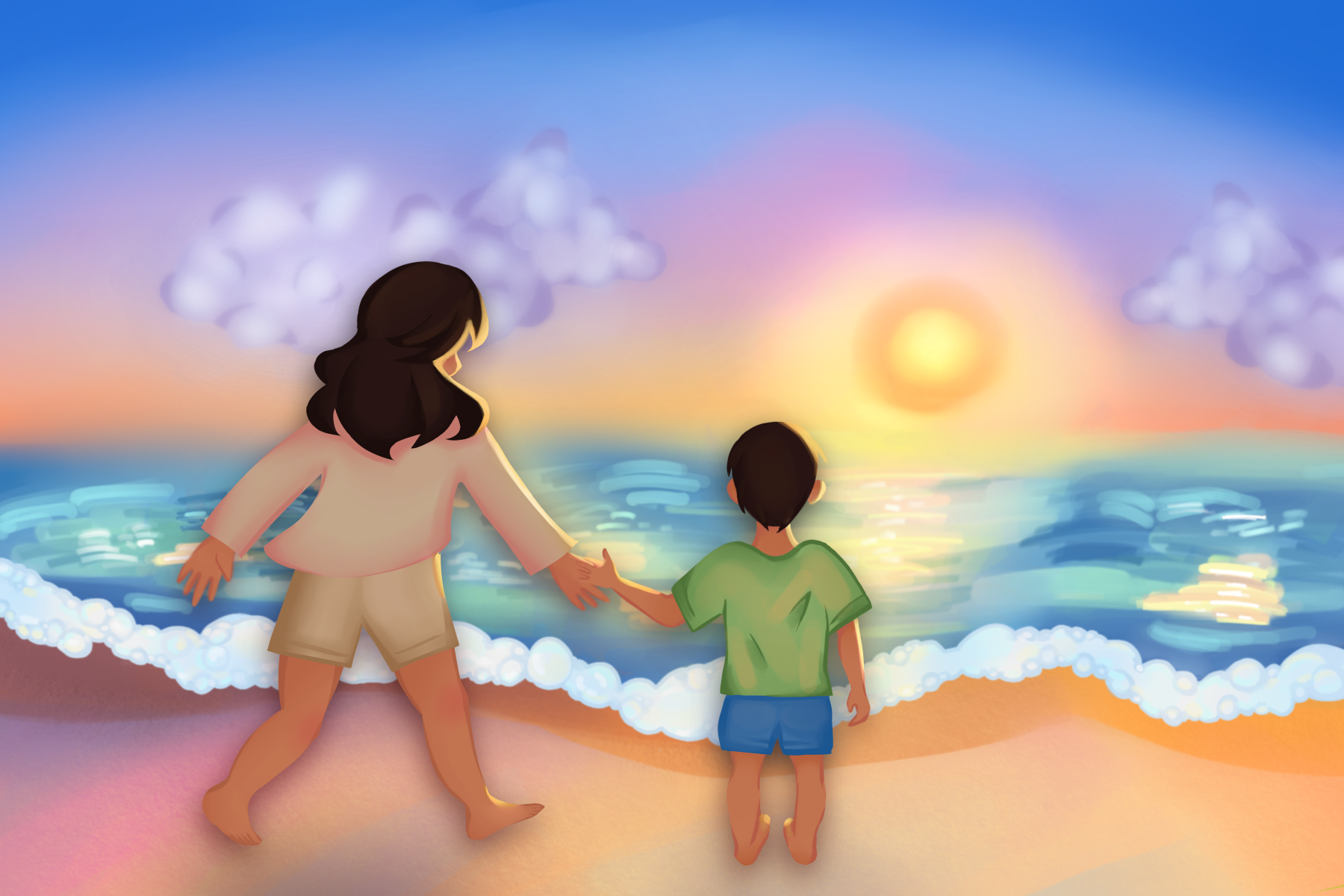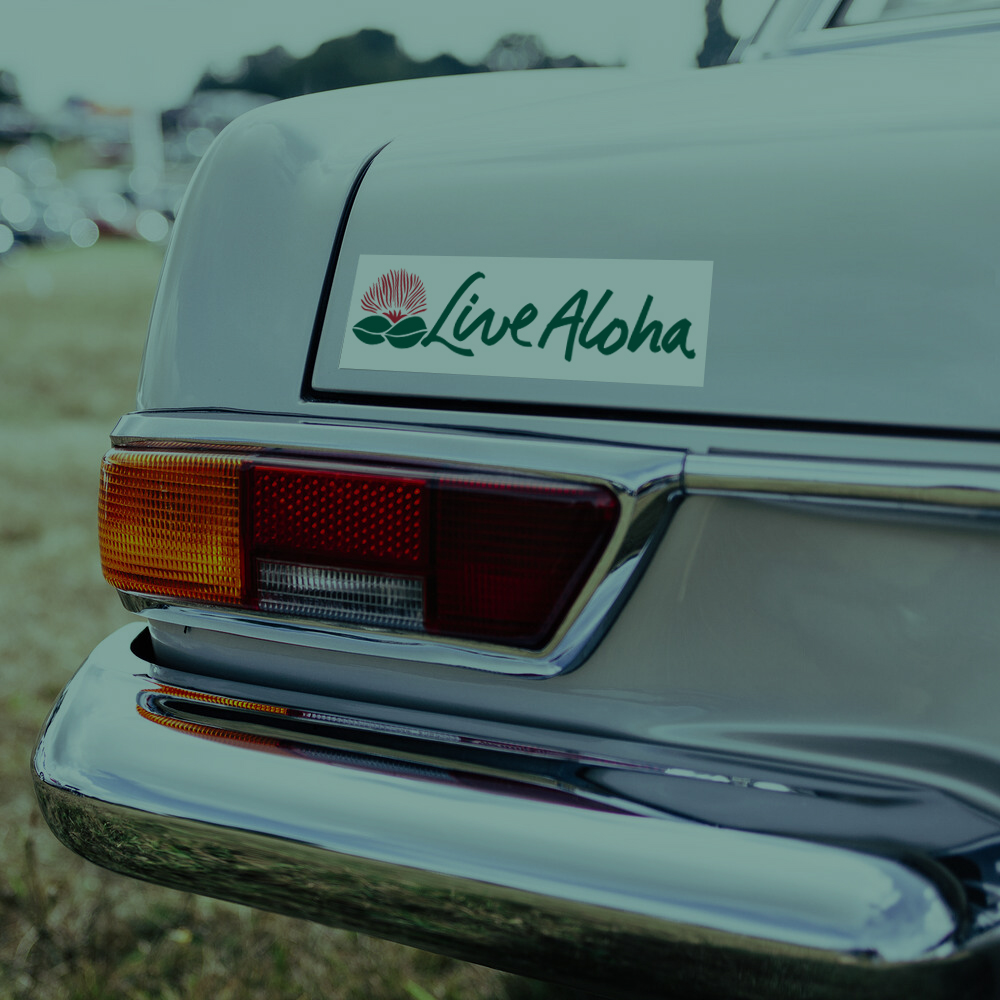“From the blackened, silent, barren landscape left by the desolation of lava flow emerges the lehua, flower of the ‘ohi’a…
We decided to agree upon a set of twelve actions that we would each take, and encourage others to take. In committing to this, we believed we could begin to create the kind of community we value.
We do not have any minimum commitments.
Expressions of Aloha Art Contest
Next year, Live Aloha will be celebrating 30 years of supporting the practice of aloha. A lot has changed since we began our work in 1993. The first annual Expressions of Aloha Art Contest, sponsored by Live Aloha, invites Hawaii students from preschool to high school to create art that shares how they feel aloha in their lives today.

Hold the door. Hold the elevator.
It’s a common courtesy, holding the door for the person coming after you or leaving as you come in. One of the earliest courtesies taught by our parents, and one of the most observed acts of courtesy we see every day.’
Elevators add another opportunity for such courtesy, either using the “Door Open” button or holding an arm or hand across the doors.
And part of this courtesy is its normal limit. If the person coming to the door or elevator is still twenty feet away or so, it’s socially acceptable to let go of the door or allow the elevator door to close. But why not on occasion stretch the “rules” a little. Especially if you’re by yourself in the elevator or there’s no one behind you at the door, in other words if you’re not inconveniencing others, hold it longer and wait for that person.
The point is to enjoy the moment of shared presence and activity. It’s not profound, it’s small and human, ordinary, and a little extraordinary at the same time.
Pick up litter.
Our responsibility is to act so as to heal and make right. Mālama ‘aina, care for the land, pick up litter.
Respect your elders and children.
When we were young, we were taught to give our seat on the bus to older people if they got on and couldn’t find a seat. We need to carry that sense through in every aspect of life. Be patient, be supportive, and be kind. And remember that we will (hopefully) live long enough that we may be in that position ourselves.
Drive with courtesy. Let others in.
Plant something.
Create smiles.
Get out and enjoy nature.
Attend an event of another culture.
Share with your neighbors.
Return your shopping carts.
Leave places better than you find them.
Make a list of your own.

Request a bumper sticker
Our list of actions is only a starting point. We encourage you to add your own commitments to your community to the list.
Once you’ve made your list, we encourage you to request a free Live Aloha bumper sticker or round sticker. These stickers serve as a public declaration of commitment. Then, start doing the actions and watch the results.
Or the president of a company.
Or a famous doctor,
To make everyone’s life better.
Sometimes the smallest things make the biggest difference.
